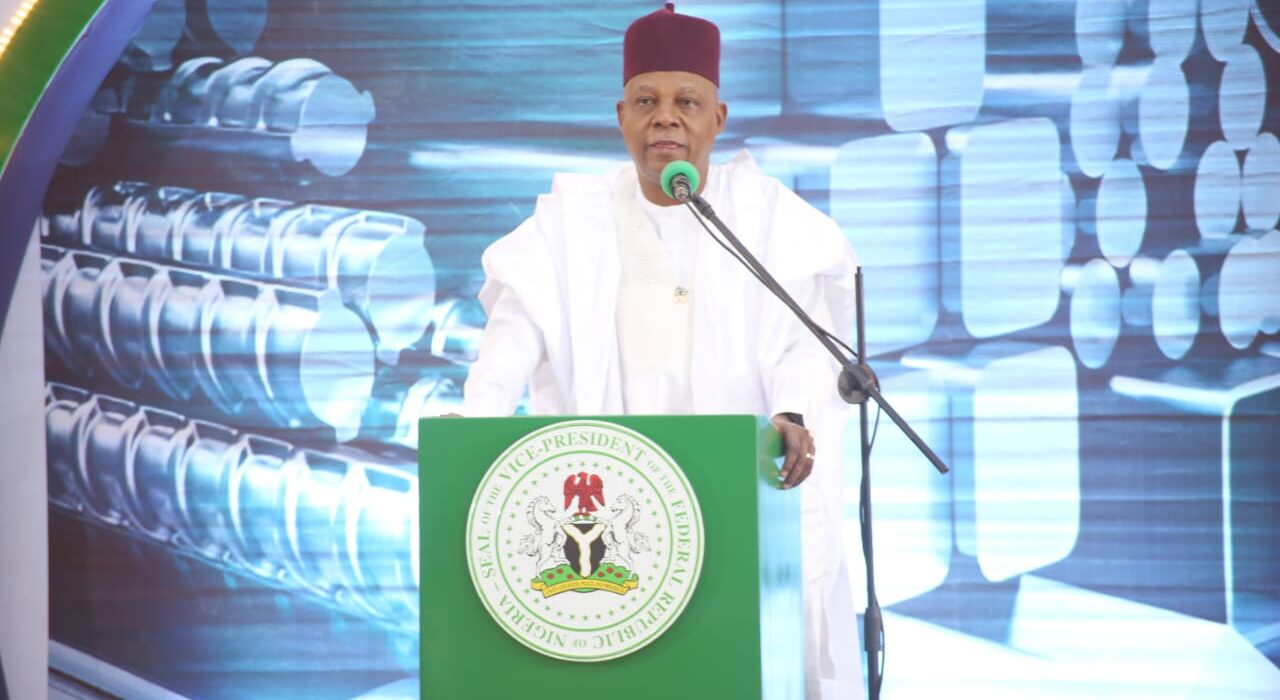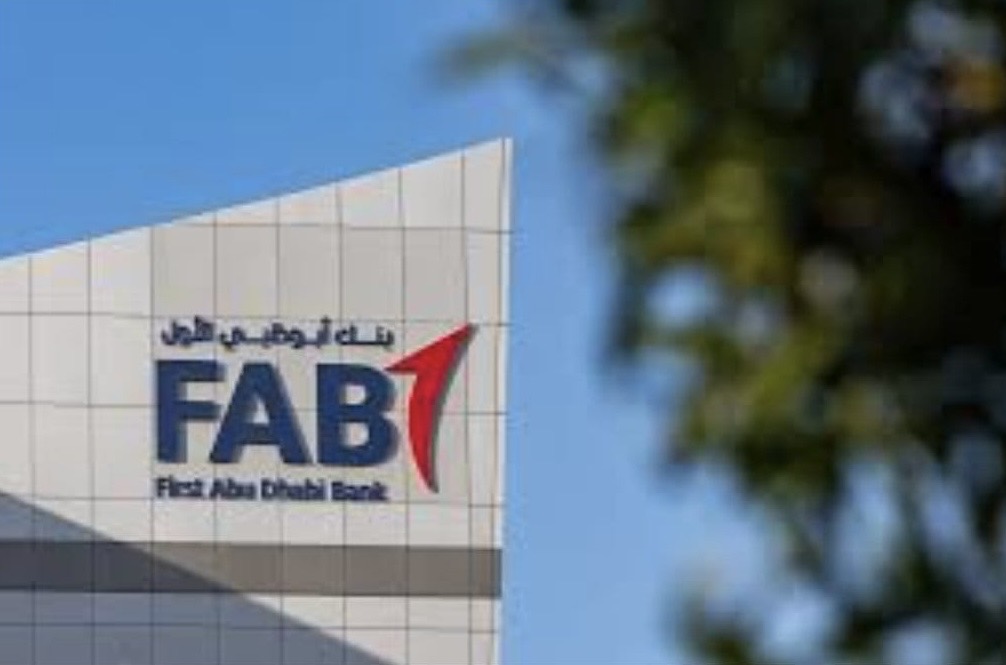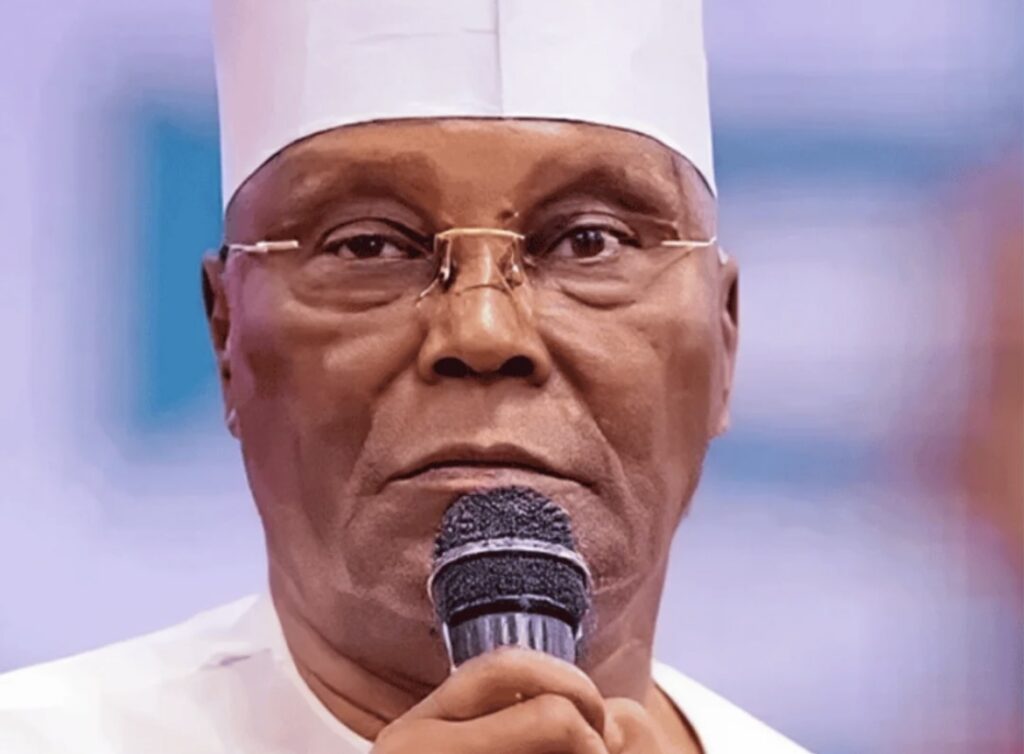FG Targets 10m Tonnes Output by 2030 from Ajaokuta Steel Plant in Renewed Revival Bid

The Federal Government has announced an ambitious programme to revive moribund steel companies across Nigeria, two decades after failed privatisation efforts left once-thriving plants in disrepair.
President Bola Tinubu, represented by Vice President Kashim Shettima, disclosed the plan on Wednesday at the inaugural National Steel Stakeholders’ Summit in Abuja, themed “Rebuilding and Consolidating Nigeria’s Steel Industry: Collaborative Action for Sustainable Growth and Global Competitiveness.”
Tinubu said restoring the sector would form the bedrock of Nigeria’s industrial growth, job creation and economic self-reliance, with a target to produce 10 million tonnes of liquid steel annually by 2030 and generate over 500,000 direct and indirect jobs.
“Despite vast deposits of iron ore, limestone and coal, Nigeria imports over 90% of its steel needs.
Ajaokuta Steel Company, once our industrial crown jewel, now stands idle — a threat to our sovereignty,” Tinubu said. “Steel is more than an industrial input; it is the material expression of national strength.”
Shettima revealed that the Federal Government is prioritising the completion and commissioning of the Ajaokuta Steel Company and National Iron Ore Mining Company, Itakpe. A technical and financial audit of Ajaokuta, approved by the Bureau of Public Procurement, is underway to guide the choice of a core investor.
Although a 2024 memorandum was signed with Ajaokuta’s original Russian builders, Tyazhpromexport, the government is also exploring Chinese partnerships due to the Russia–Ukraine war.
Other revival efforts include; rehabilitation of Delta Steel Company (now Premium Steel & Mines Ltd) within 18 months, a $465m proposal to restart the Aluminium Smelter Company of Nigeria in Akwa Ibom, a $400m Stellar Steel plant in Ogun State for hot roll coils and plates, development of scrap aggregation centres in all six geopolitical zones to regulate recycling and curb infrastructure vandalism, establishment of an industrial park, gas park, and free-trade zone in Ajaokuta, partnership with the Ministry of Defence and DICON for military hardware production.
The government is working with the National Assembly on the Metallurgical Industry Bill, the National Metallurgical Training Institute Establishment Bill, and an amendment to the National Steel Council Act to create a more conducive regulatory environment.
Nigeria currently spends about $4.5bn annually on steel imports, leaving key industries vulnerable to global market shocks.
The administration’s roadmap includes a 10-year revival plan for the entire sector and a three-year plan specifically for operationalising Ajaokuta.
Minister of Steel Development, Prince Audu Abubakar, described the summit as pivotal to achieving Tinubu’s Renewed Hope Agenda, which aims to grow the economy to $1 trillion by 2030.
“The steel sector is the backbone of industrialisation, supplying materials for construction, automobiles, electronics, shipbuilding, and defence,” Abubakar said. “We now have a dedicated ministry to ensure this vision is realised.”
PUNCH









